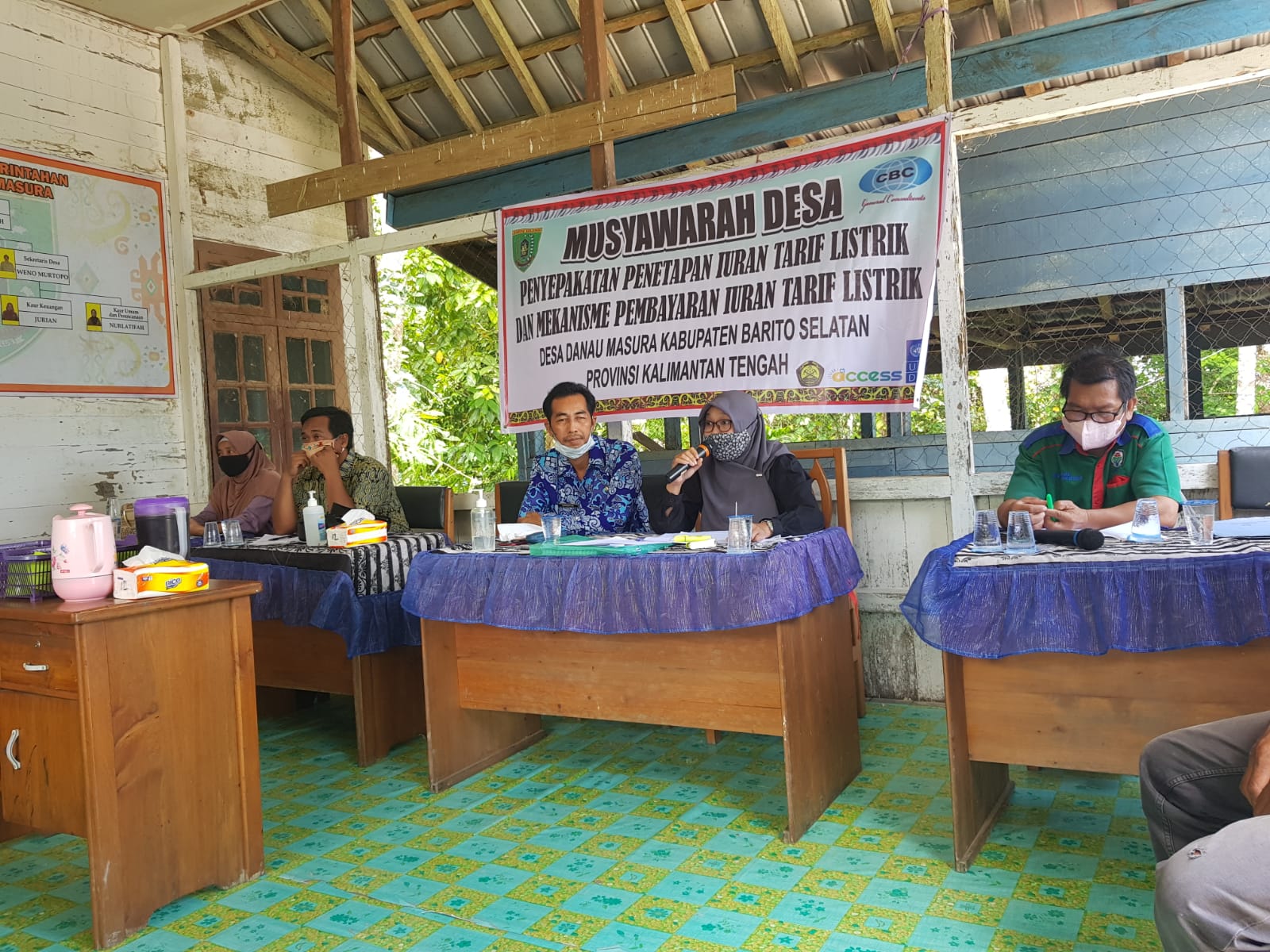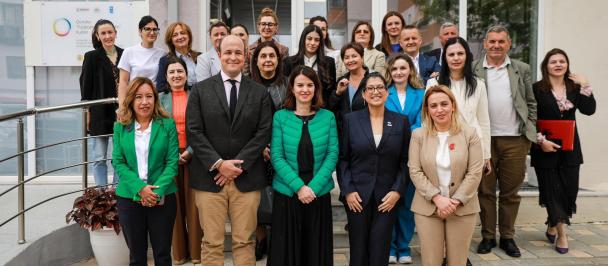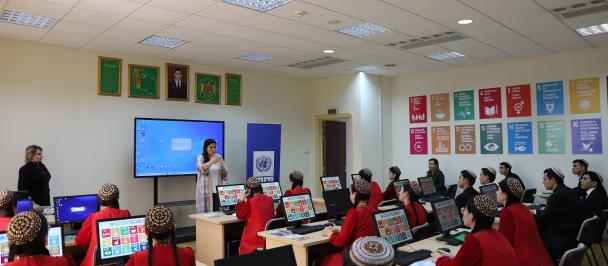From Consultation to Regulation: Accomplishing Village Regulation on Electricity Management in 23 Target Locations
June 5, 2023

Community-based maintenance plays a crucial role in the upkeep of off-grid solar power plants.
Community-based maintenance plays a crucial role in the upkeep of off-grid solar power plants. By engaging the local community in the maintenance process, the power plants can function effectively and provide reliable electricity to the community. This is particularly significant in rural areas, where access to electricity is limited and the power plants often serve as the sole source of power for the community.
Peter, a patriot energy (village facilitator) of the ACCESS Project expressed his experience when assisting the villagers of Watukarere in the District of Sumba Barat East Nusa Tenggara. “This village has experienced failure in managing power plants. I discussed with the village stakeholders on this. The lesson is that the power plant is not really managed by the community. There is a lack of ownership that makes the sustainability of power plants fail to function. Therefore, it is a must that the community in the village has a role in the maintenance of the coming solar power plants provided by the ACCESS program,” he said when the ACCESS team visited the village. According to him, another reason is that community-based maintenance promotes local ownership and responsibility for the power plants, which can lead to better utilization and care of the equipment.
As such, community-based maintenance creates employment opportunities and supports the local economy. By training and employing local operators to maintain the power plants, the project can create jobs and stimulate economic growth in the community.
In this regard, community-based maintenance fosters a sense of community and social cohesion. Through their participation in the maintenance of the power plants, community members can develop a sense of ownership and pride in their energy infrastructure, which can lead to greater social cohesion and cooperation.
The ACCESS Project has implemented a participatory approach to encourage village stakeholders to take ownership of their electricity management. To support this process, the project has developed a tariff calculator that helps village facilitators and community members estimate the costs of providing electricity in each village. This tool is intended to aid the community consultation process for setting tariffs and establishing operational rules by providing an estimation of the costs associated with operation and maintenance. The process of discussing electricity fees is conducted in a participatory manner. After the fee is determined with the assistance of the village facilitator, the village conducts a community consultation and public hearing to obtain feedback and opinions from a wider range of stakeholders. So far, all 23 target locations of the ACCESS Project have successfully conducted these public consultations to make decisions on electricity fees.
To ensure the equitable distribution of electricity services, all villages have also held public consultations to discuss payments, including identifying vulnerable households that require subsidies. These consultations have taken the form of consultative forums, where an agreed fee has been settled upon by the community. This process aims to ensure that the tariffs are fair and affordable for all community members.
After an agreement on tariffs had been reached, socialization efforts were conducted among a broader population of village dwellers. In all target villages of ACCESS, a total of 814 people have participated in public consultation and socialization, comprising 66% male and 34% female participants. This public consultation has resulted in a better understanding of electricity management among villagers, as well as an understanding of the reasons for providing subsidies to vulnerable households.
“We have involved public participation in determining the fee and in deciding the vulnerable households that will receive a discount on the fee. By participating in the consultation, people understand the underpinning reasons for the fee. This consultation has created a space for villagers to upgrade their knowledge on electricity management and the strategy for it to sustain,” said Yuhardi, the head of UPLD in Muara Ripung village, Central Kalimantan.
As a follow-up, all target villages have produced the village regulation on electricity management, including governing the electricity tariff incorporating the feedback and result of the community consultation. The involvement of all villagers, including women, in developing village regulations is crucial to ensure the success and sustainability of community-based solar power plant operations. “When all members of the village have a say in the regulation-making process, it helps to create a sense of ownership and responsibility towards the solar power plant. This can lead to better cooperation and participation in the maintenance and upkeep of the solar power plant, as everyone has a stake in its success,” said the secretary of Wangkolabu village, Southeast Sulawesi.
Village regulations can play an important role in managing community-based solar power plant operations by establishing clear guidelines and responsibilities for the local operators and community members involved in the project. The regulations define the roles and responsibilities of the operators, as well as the expectations and requirements for community members who benefit from the solar power plant. In this case, the regulations outline the process for reporting any issues or malfunctions with the solar power plant or establish guidelines for the collection and management of fees or payments from the community members who use the electricity generated by the plant. Village regulations also help to ensure that the solar power plant is used and maintained sustainably. By establishing rules and guidelines for the use of the solar power plant, the regulations can help to prevent overuse or misuse of the system, which can lead to breakdowns or other issues. Additionally, the regulations can help to promote responsible use of the electricity generated by the solar power plant, such as encouraging energy conservation and discouraging wasteful or inefficient practices.
Author: Sugiyanto

 Locations
Locations


